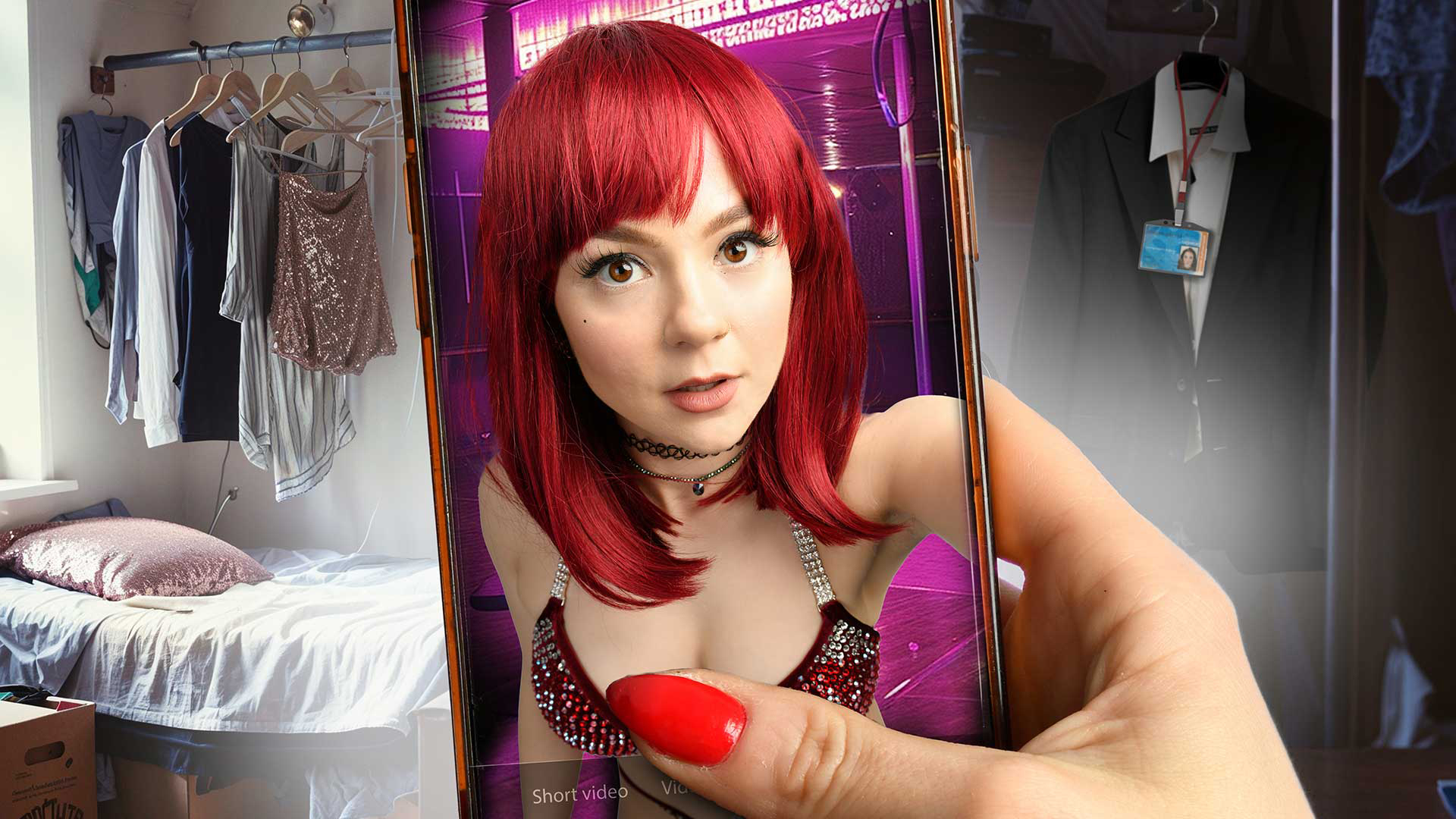The problems with how society defines and values ‘work’ have always existed, but the past decade – especially the Covid-19 pandemic – made them impossible to ignore.
The current way we categorise acceptable labour relies on outdated, classist, sexist and ableist narratives that actively exclude people from marginalised backgrounds. The standard 9-5 model of a working day is based on industrial-era policies that assume a neurotypical, able-bodied, nuclear family structure.
It does not reflect today’s economic realities or the diverse family and health needs of the population. Our collective mental and physical health is in dire straits. Public services are crumbling. The rich grow exponentially richer, while others face increasing destitution. This stems, in large part, from a long-standing disillusion among policymakers about what constitutes real work.
- Sex work is ‘just another option in London’s gig economy’, says Sebastian filmmaker Mikko Mäkelä
- Conflating sex work and sex trafficking is harmful and needs to stop, Labour told
- Working from home isn’t ‘proper work’, ex-Asda boss says. Is flexible work really destroying Britain?
Work is, by definition, activity involving mental or physical effort to achieve a result. So yes – office jobs and manual labour are work. But so is creative freelance work. So is sex work. So is care work and housework. These types of labour – often done by working-class women, disabled and otherwise marginalised people – have historically been undervalued, underpaid or unpaid entirely.
Failure to recognise non-traditional labour as legitimate further marginalises those for whom the standard workforce was not designed. Forcing people into work they can’t sustain – and punishing them when they inevitably burn out – is not just cruel, it’s also counterproductive. Chronic stress has been proven to be directly linked to illness. With an already overwhelmed and underfunded NHS, surely we can see what a terrible idea this is?
Despite being undervalued, non-traditional labour – especially creative freelancing – was essential during the Covid lockdowns, keeping people connected and entertained. Yet, the creative freelance industry was one of the worst affected by the pandemic. There was such little government support for creative freelance workers that many were forced to abandon sustainable careers.





